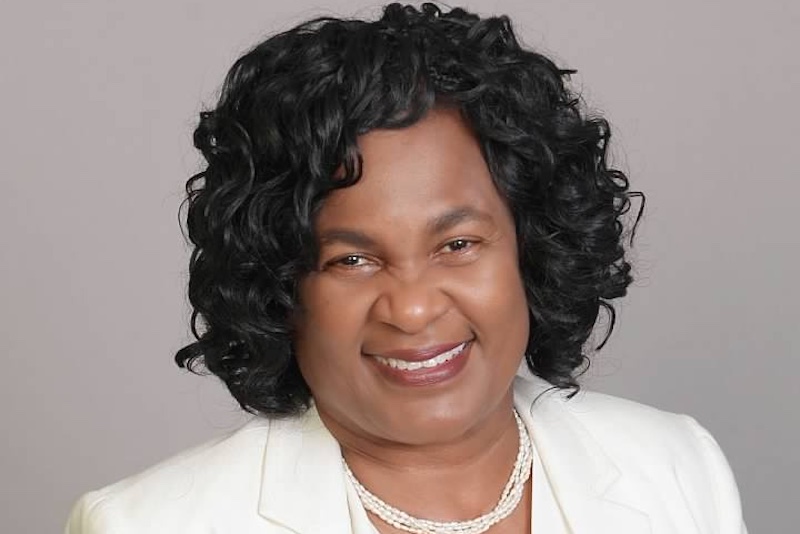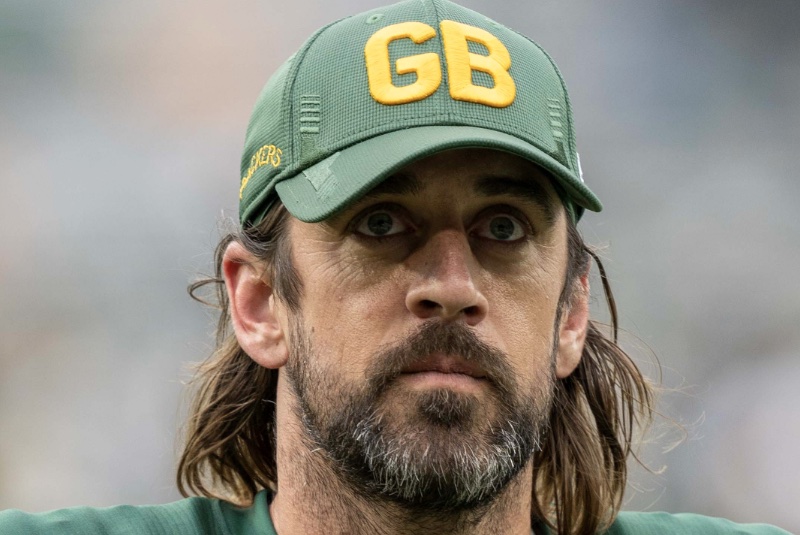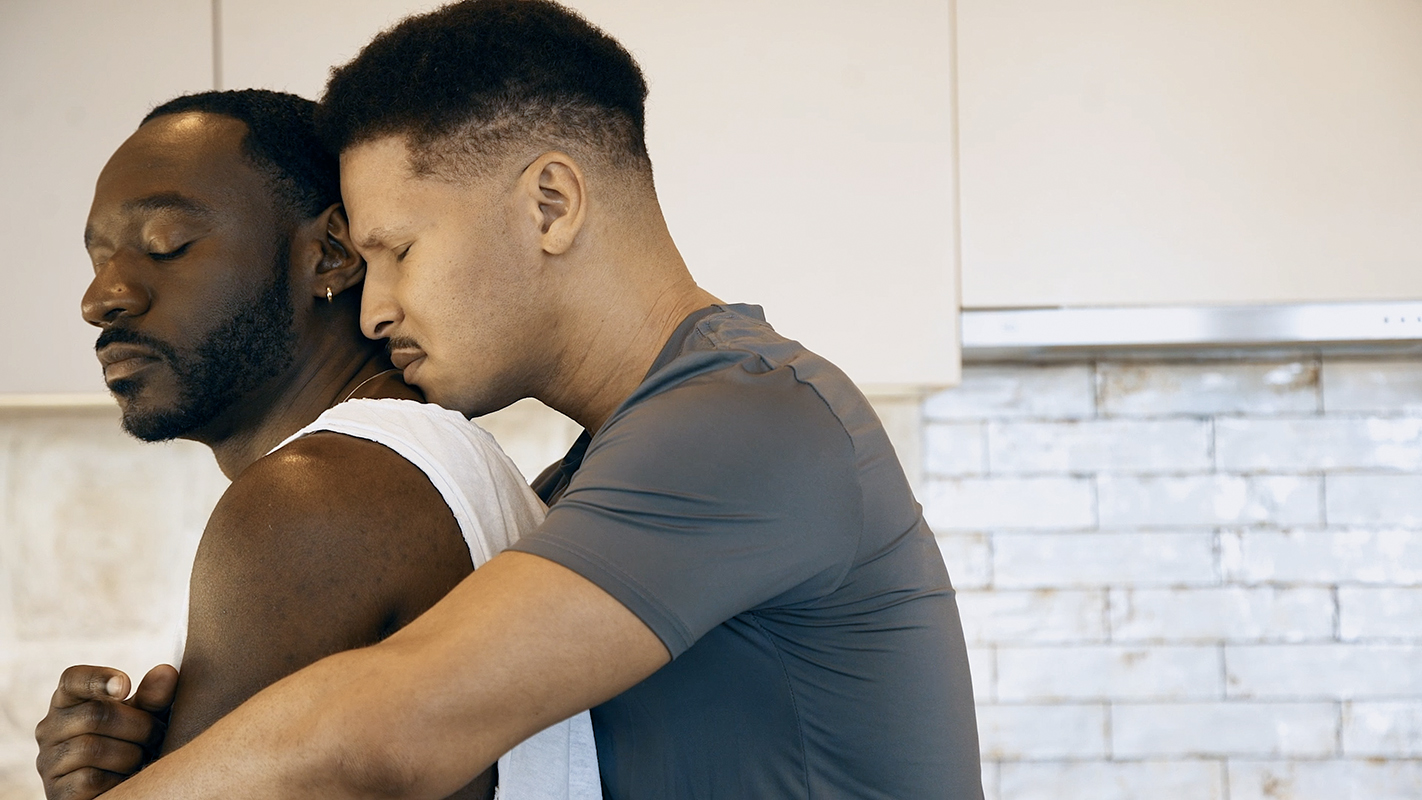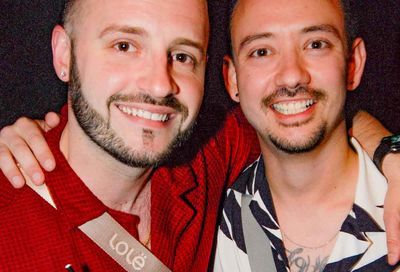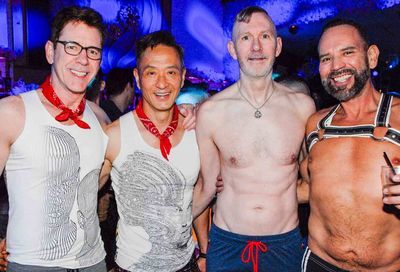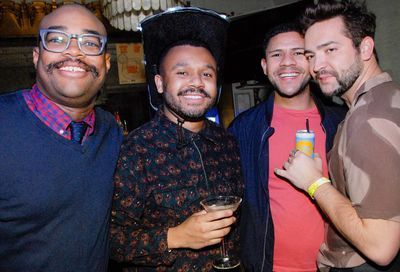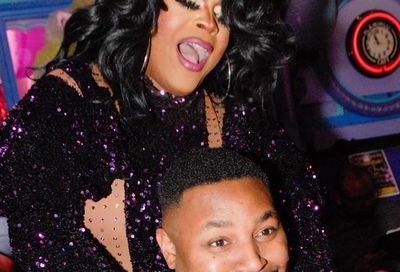Power in numbers
'D.C. Fights Back' aims to find solutions to AIDS in Washington
About 100 people gathered at the Westminster Presbyterian Church in Southwest Washington Thursday, May 17, for D.C. Fights Back’s HIV/AIDS Speak Out. The goal: Start a dialogue on developing plans of action to respond to the needs of people most impacted by the epidemic in Washington.
Geno Dunnington, a longtime HIV/AIDS survivor and member of D.C. Fights Back, addressed the crowd with a plea: ”The reason why your existence … is so important, is because one day I’m going to die, and somebody’s got to get in my shoes, and fight, and holler, maybe say cuss words, [and] run down to the Capitol and do what I do.”
Dunnington said each person has a purpose, and that together they could find some solutions.
”I always talk about the war on HIV and AIDS. Well, how can we have a war if we don’t have the proper ammunition to stop the spread of AIDS?” he asked. ”Ammunition is a condom, and it is a clean syringe… . And the rest of the ammunition, sits in these chairs [at the meeting], and now we’re going to get results.”
Participants later dispersed in six different groups to discuss various HIV/AIDS-related topics, including youth and education, housing, employment, stigma, women’s services and substance abuse. Alex Lawson, founder of D.C. Fights Back and a health educator at Whitman-Walker Clinic, said Thursday’s event marked the beginning of an ongoing dialogue, which he hopes will generate effective plans of action in the fight against HIV/AIDS in Washington. The progress of the discussion will be documented online at www.fighthivindc.blogspot.com.
”Once we have an outcome document of sorts … we will be sending it back out to the attendants…” he said. ”We’re going to be asking them what next steps can be taken.”
Lawson added that in the nation’s capital ”we cannot rest when we have an AIDS case rate 12 times the national average.”
Lawson emphasized at the meeting that D.C. has the highest rate of HIV in the United States, with an estimated 1 in 50 residents having AIDS and 1 in 20 testing HIV positive.
Ruby Corado, a transgender activist who is HIV positive, echoed Lawson’s sentiments when speaking of her own personal experience.
”In the last 15 years, I have seen that people of this city do not have a voice,” she said. ”The HIV-positive people of Washington, D.C., do not have a [say on] how the money is spent. They have no power, and when you have a crisis and you’re trying to come out of the mud, and you have nothing, not even a voice that says ‘help,’ you got nothing.”
Corado urged people to support groups such as D.C. Fights Back, to make sure their voices are heard by government agencies like the Department of Health’s HIV/AIDS Administration.
”The people in these agencies…have been there for years, making decisions for you… and for me,” she said. ”And some of those people, do not even represent me. [If] we do not start supporting ourselves, we will not have a voice.”
Support Metro Weekly’s Journalism
These are challenging times for news organizations. And yet it’s crucial we stay active and provide vital resources and information to both our local readers and the world. So won’t you please take a moment and consider supporting Metro Weekly with a membership? For as little as $5 a month, you can help ensure Metro Weekly magazine and MetroWeekly.com remain free, viable resources as we provide the best, most diverse, culturally-resonant LGBTQ coverage in both the D.C. region and around the world. Memberships come with exclusive perks and discounts, your own personal digital delivery of each week’s magazine (and an archive), access to our Member's Lounge when it launches this fall, and exclusive members-only items like Metro Weekly Membership Mugs and Tote Bags! Check out all our membership levels here and please join us today!


